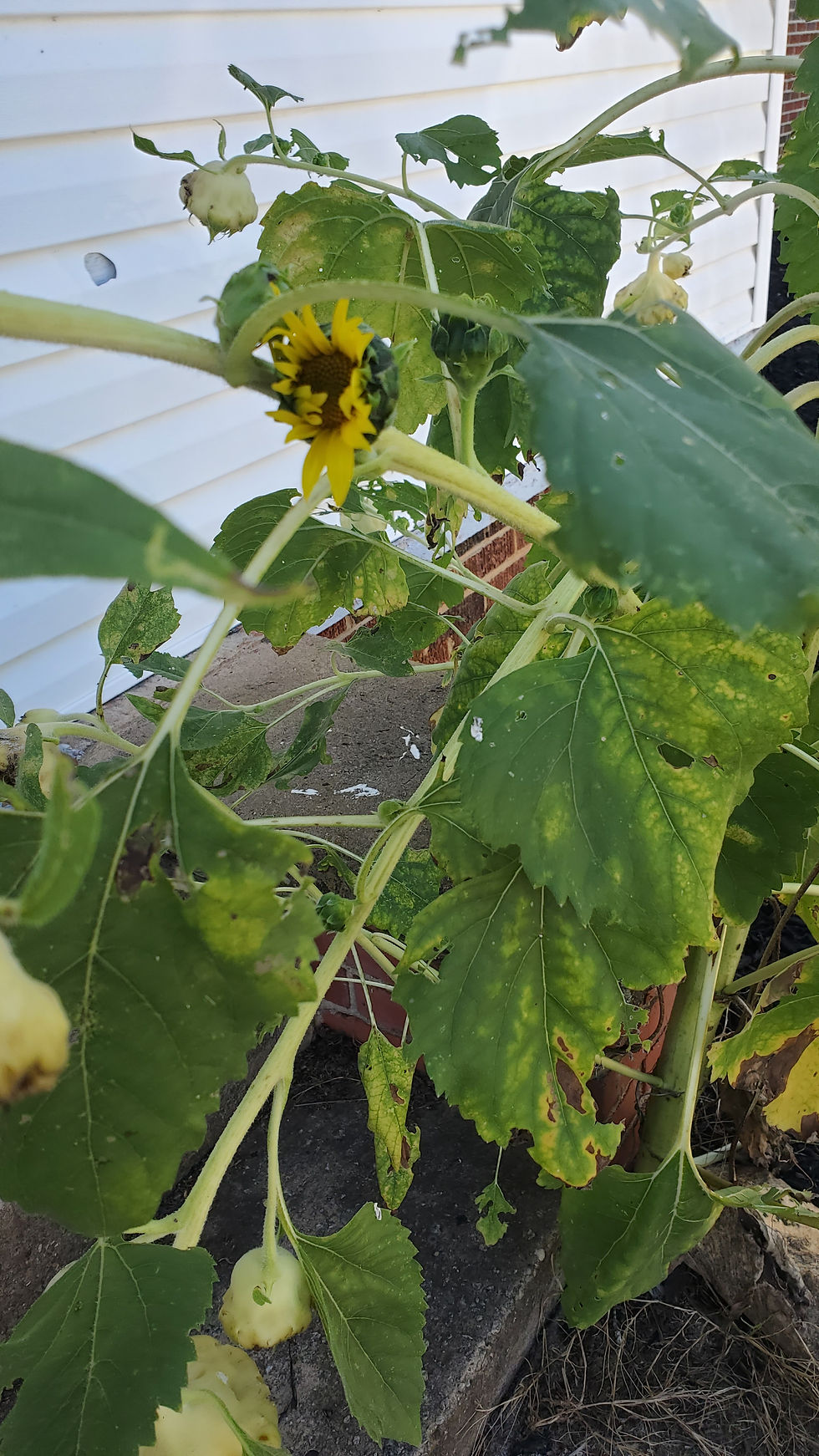Ministries of Mercy
- Scott
- May 7, 2020
- 3 min read
At the corner of our parking lot, there is a box we call the “blessing box.” In it, our congregation and community places canned goods and other non-perishable items that many use to help offset the costs of groceries. As the pandemic goes on, the number of unemployed and/or underemployed in our community has consistently risen, and so has the demand for that box. In fact, on a normal day, the box is refilled before each meal. I have, over the last six weeks, seen multiple types of people utilize the blessing box. We have seen the homeless walk up and use it. I have personally watched single moms bring kids, and dads come after dark (so that they aren’t seen; being seen would harm their dignity) and pick up food for their families.

We have also seen and heard stories of people who abuse the blessing box. There is no question that there are some (and on some days, even many) who don’t actually need the contents of that box, but they are using it anyway. There are few things that disturb our internal moral compass more than seeing people take advantage of charity, but it seems that it is inevitable that some will, at some point, take advantage of charity. In fact, you could make the argument that, on some level, all of us are guilty of, at a minimum, taking kindness for granted. For example, my parents provided for everything I needed for my entire childhood, and I can promise you there were times I took that for granted.
To make it a little more spiritual, we quickly acknowledge that God’s grace has been given freely to each of us, that we ought to be incredibly grateful, and yet we often assume on that grace by failing to love our neighbors with the same compassion shown to us by God.
All of this got me thinking about how we ought to think rightly about mercy ministries, about poverty, and about how to help. For many churches who are seeking to replant, these questions are critical. In my state, there are a number of declining churches that are on or near mill communities, places that have experienced extreme gentrification over the years. When describing what happens in these places, a common expression is “when the mill moves out, poverty moves in.” With that comes a whole host of new problems: abusive relationships, addictions, poverty, neglect, years of unmet counseling needs. How does a church navigate these issues as they seek to reach their community?
I don’t have all the right answers to these questions, but I have been able to learn some of the right answers by continuing to make mistakes in these areas. I thought it may be helpful to share some of what I have learned along the way as other congregations seek to make a difference in their mission field.
1. Understand the goal and mission of the church in mercy ministry
2. Partner with others when possible
3. Look for gaps and see if you can fill them
4. Don’t do everything
5. But do something
6. Be wise, but gentle
7. Learn how to process what you see
8. Be patient and consistent
9. Practice not getting rattled
10. Focus on God’s glory
There may be more than 10, but this felt like a good start. My hope is that, as we examine these ideas together, we all can gain greater passion (and compassion) for the lost and hurting in our community, and some strategies for how to reach these people with the Gospel.
It may start with something as simple as a box in the corner.



Comments